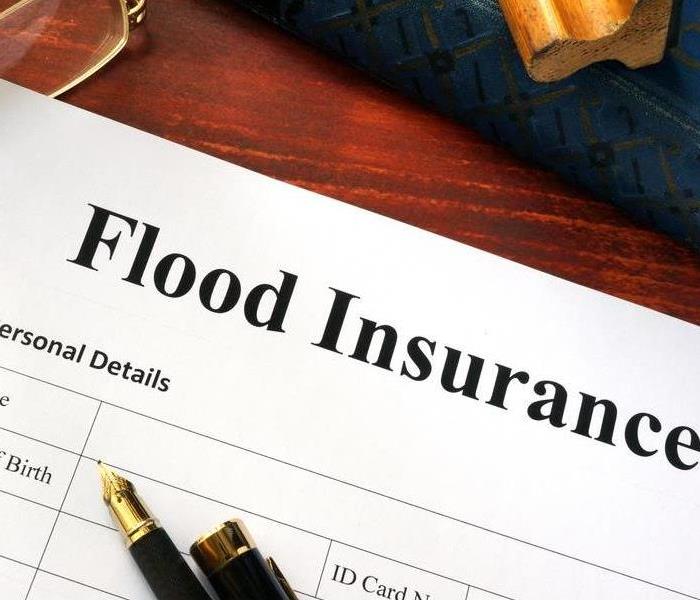Flood insurance - Do I really need it?
2/13/2023 (Permalink)
Flood insurance is a type of coverage that you can purchase alongside your regular homeowner's policy. It helps protect against damage from flooding, which can be very costly due to the amount of water involved and the potential for mold growth in your home. Flooding occurs when stormwater, sewage or other fluids are pushed into homes by rain or melting snow.
Flood insurance is not required by law.
Flood insurance is not required by law, so you're free to buy it or not. However, if you live in a flood-prone area and your home is at risk of flooding, it's probably worth considering purchasing coverage so that you don't have to pay for damage out of pocket.
The required amount of coverage depends on where you live. The National Flood Insurance Program (NFIP) requires homeowners in designated high-risk areas to carry flood insurance, other residents may be able to purchase coverage through their homeowners insurance policies or private companies with whom they do business.
Flood Zones
Flood zones are designated areas where flooding occurs regularly and frequently. The Federal Emergency Management Agency (FEMA) identifies these areas using data from the National Flood Insurance Program (NFIP).
If you live near a dam or lake and have been told by local authorities that there is potential for water release from the dam/lake, then it is recommended that homeowners purchase additional coverage through their existing homeowner's policy or through an optional rider on their homeowner's policy called "risks not otherwise covered."
Two types of Floods
There are two types of floods: "100-year" events and "500-year" events--and this has nothing to do with how often they occur! A 100-year event means it has occurred once every 100 years over time; whereas a 500-year event means it has only happened once every 500 years over time.
Your best bet is to talk to your insurance agent about whether you need flood insurance and how much it might cost you.
Questions to Ask
There are many questions to ask when considering Flood Insurance such as:
- What kind of coverage do I have? Is it enough?
- How much does it cost? What are my deductibles and premiums, if any? Do they vary based on location or other factors (like how high my home sits above sea level)?
- Does my policy cover all types of flooding, or just certain types like storm surge or riverine flooding; how does this affect my premium costs because some types are more common than others in different parts of the country; what is excluded from coverage under this type of policy; am I eligible for any discounts available through NFIP programs such as Preferred Risk Policyholder Program (PRP)
If you live in a flood zone, above a dam or lake, or near a river, you should strongly consider buying flood insurance. It's not required by law and most homeowners policies don't cover flood damage. If you have a home that is effected by flooding, you could potentially spend thousands of dollars out of pocket that insurance could have covered. You may also want to talk with an agent about whether or not this type of coverage makes sense for your situation

 24/7 Emergency Service
24/7 Emergency Service
